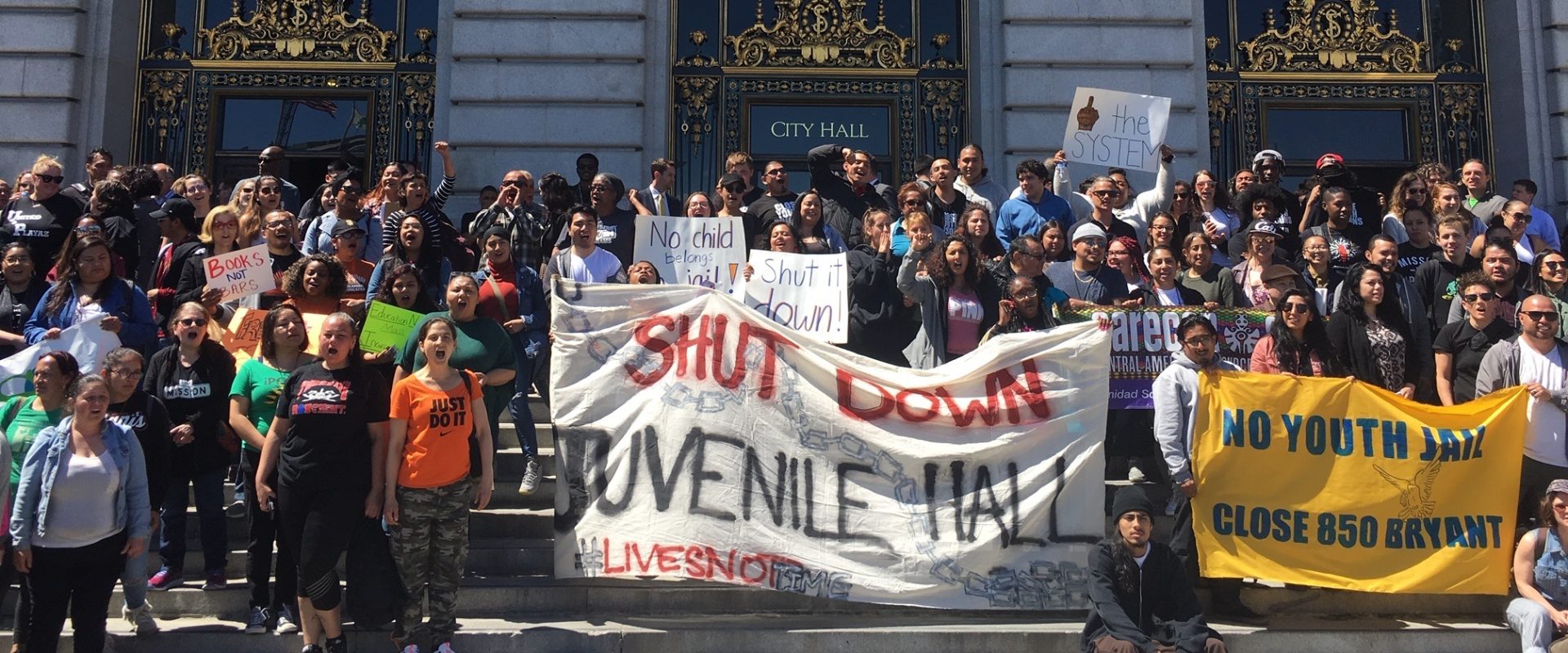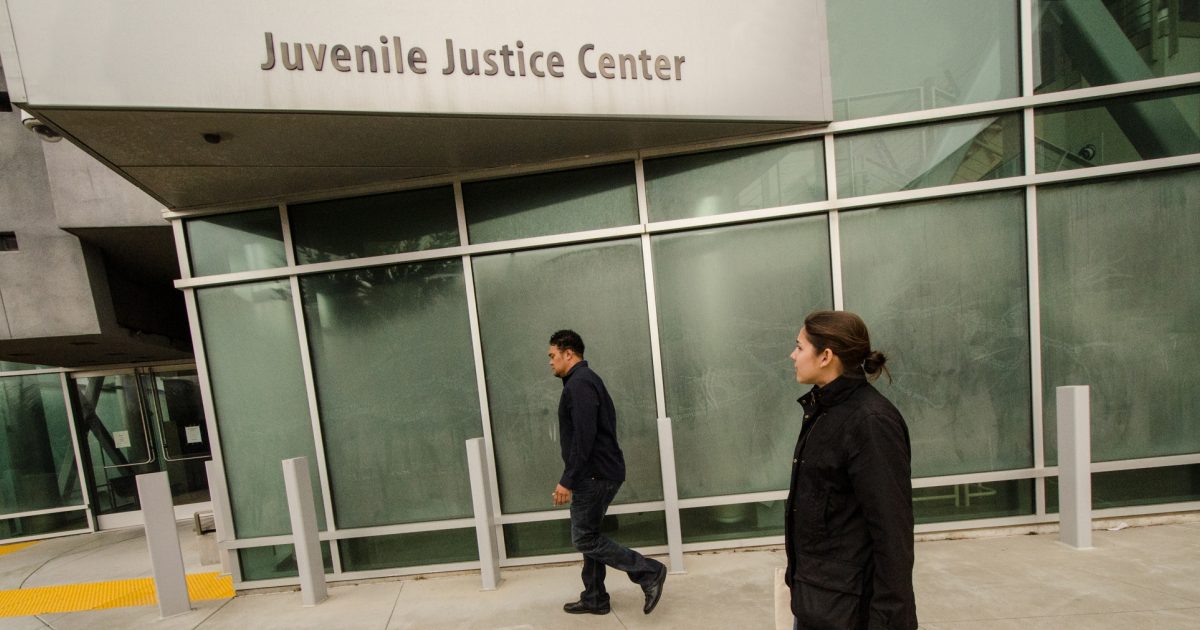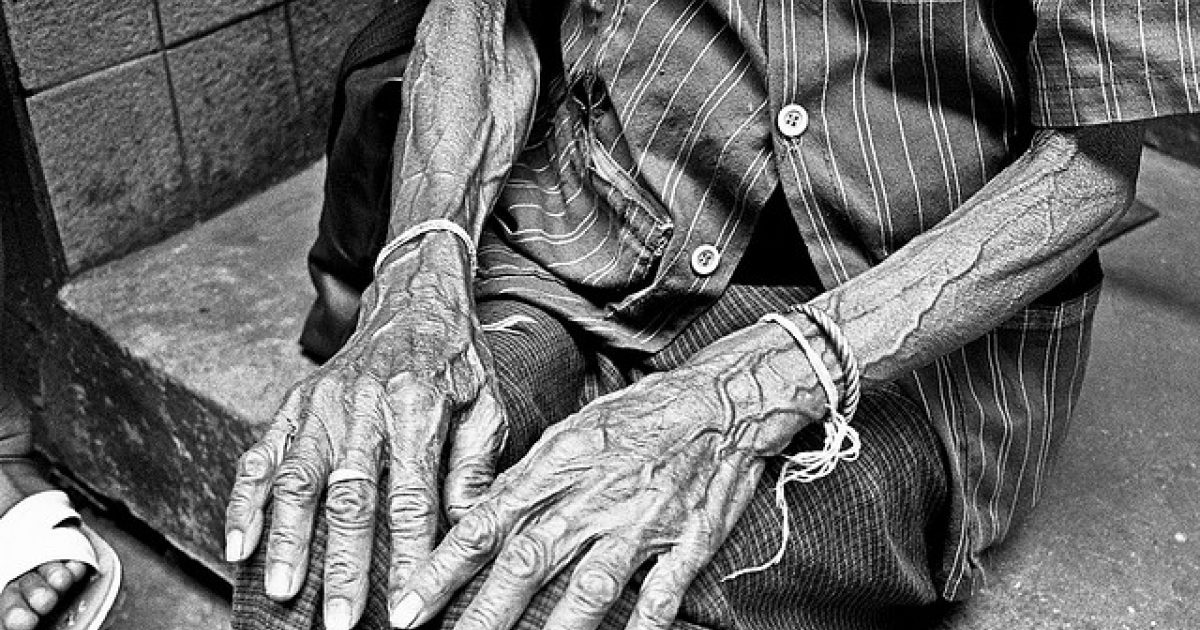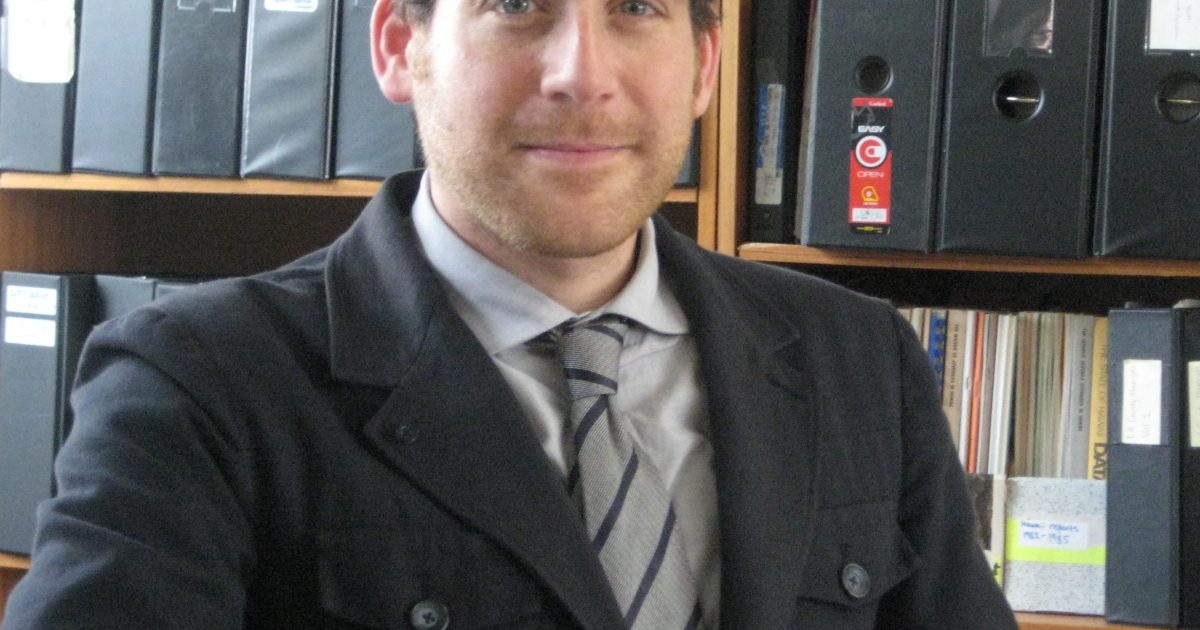San Francisco’s Department of Children, Youth and their Families (DCYF) collaborates with local organizations to improve the lives of youth and their families.
Blog Jul 2, 2013
A Closer Look at the Aging Prison Population
The number of aging state and federal inmates is rising. Between 1981 and 2010, the number of inmates age 55 and older increased from 8,853 to 124,900.
Despite their given benefits, what could explain California’s disparity in split sentencing and how can counties work to increase their use?
CJCJ’s Policy Analyst, Brian Goldstein, is featured in the Juvenile Justice Information Exchange (JJIE) discussing the reform efforts that have happened among policymakers and advocacy groups after the Sandy Hook tragedy. Concerns are presented with regard to the the potential over reliance on the juvenile justice system to address issues in the educational environment.
Blog Jun 25, 2013
Innovation in a Land of Justice by Geography
In an era of Realignment a model program is born, San Francisco’s Adult Probation Department in partnership with a variety of community-based organizations celebrates the opening of the new Community Assessment and Service Center (CASC).




